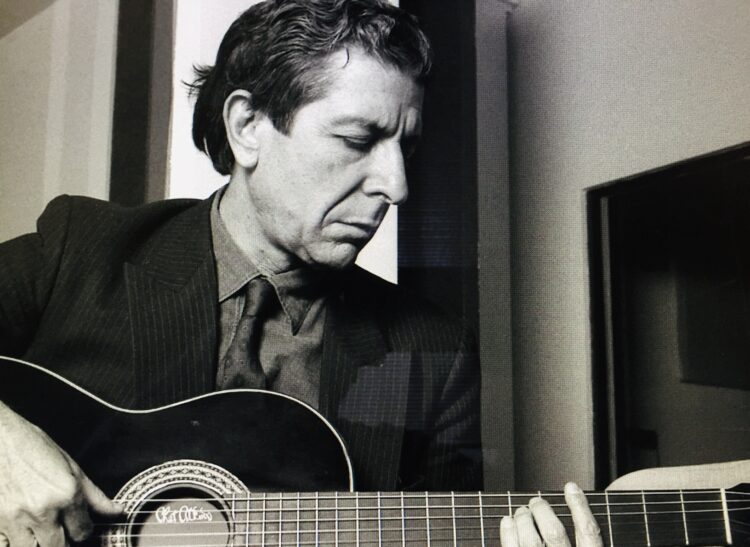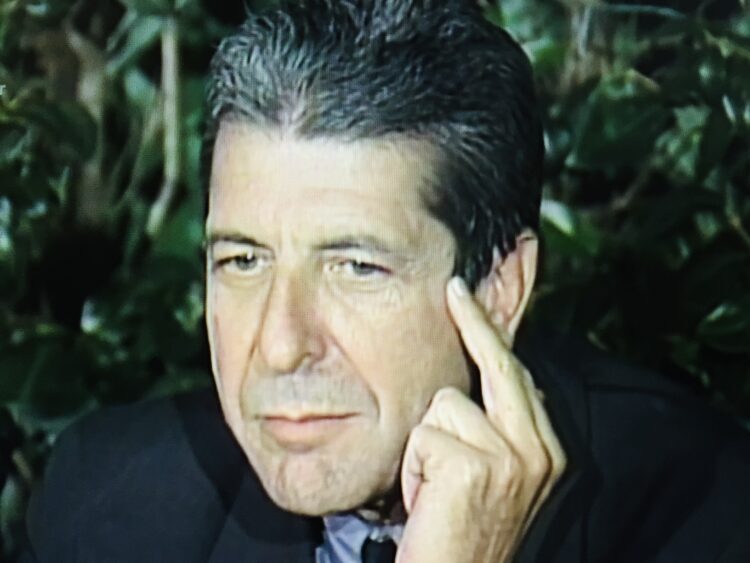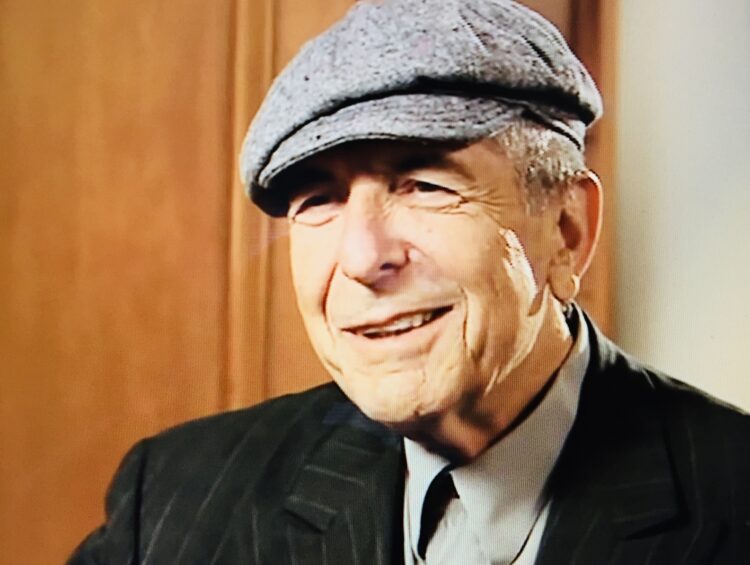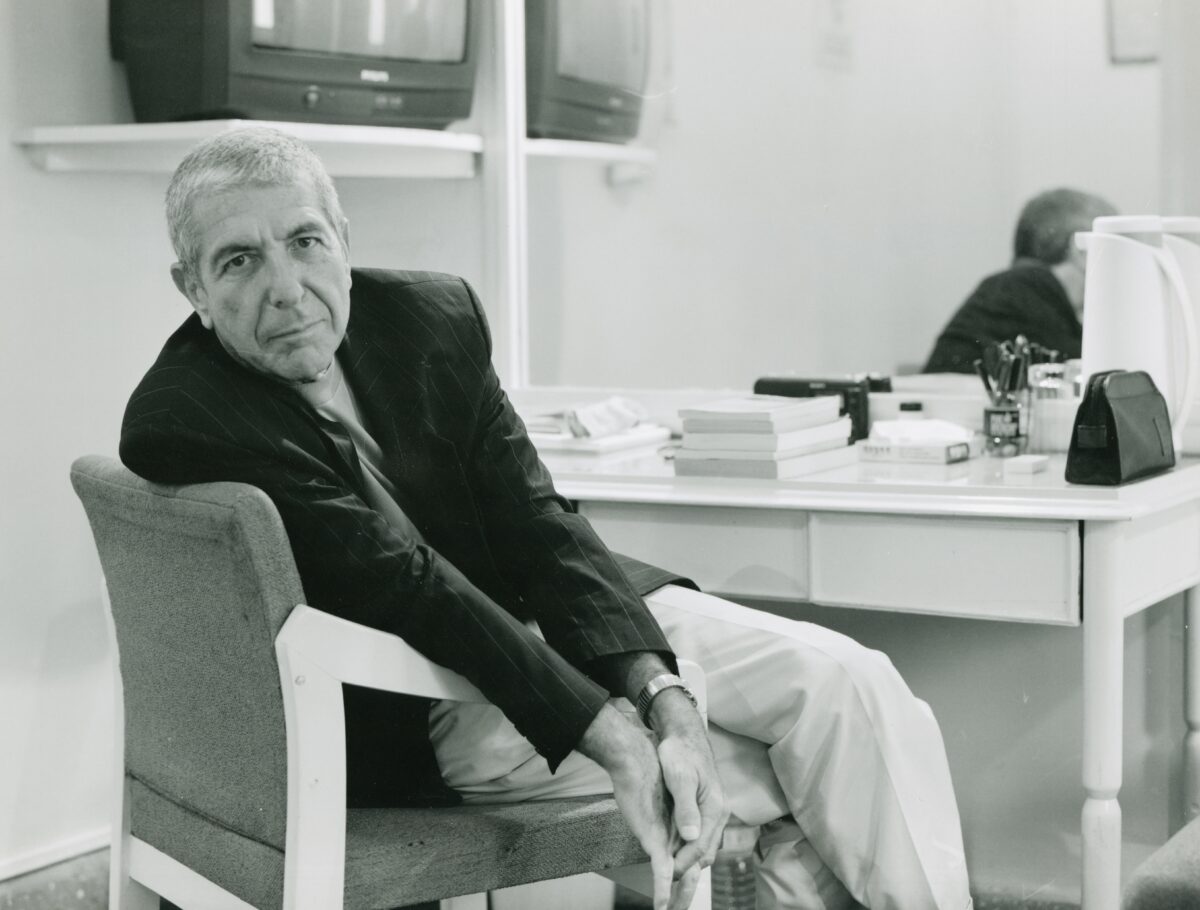Leonard Cohen’s signature song, the rich and resonant Hallelujah, has morphed into an anthem beloved by millions of his fans. Yet strangely enough, his record label, Columbia Records, categorically rejected it when it was submitted in 1984, puzzling and crushing Cohen.
To this day, it remains unclear why this happened. Not even Clive Davis, a former Columbia Records president, can offer an explanation. But it’s crystal clear that Columbia erred egregiously in rejecting Hallelujah.
After its release by an obscure label in New Jersey, Bob Dylan and Bono, among others, incorporated it into their respective repertoires.

In 1988, Cohen, a spiritual seeker greatly influenced by Jewish religious texts, began singing it on his tours. By then, he had secularized it for a wider audience. Hallelujah gained further traction when it was featured in the 2001 animated film Shrek. Rufus Wainwright, the folk singer, subsequently took it to a higher level.
The metamorphosis of Hallelujah is the predominant theme in Dan Geller’s and Dayna Goldfine’s fine documentary, Hallelujah: Leonard Cohen, A Song, A Journey, which opens in Canadian theaters on July 15.
In a file footage clip, Cohen says he struggled to finish the song and almost gave up trying. With it in mind, Cohen observes that perseverance is the “essential element” of a good song writer.
It was not until the age of 30 that he started writing sings, having come to the realization that the border between poetry and song writing had faded away, he told the Canadian broadcaster Adrienne Clarkson. Until then, he had been a poet and a creative writer.
The folk singer Judy Collins sang his first song in 1967, and she takes credit for having persuaded Cohen to sing his own songs on stage and in the recording studio. “You can’t hide in the shadows anymore,” she sagely advised him.

Dominique Issermann, a French fashion photographer who would be his girlfriend after 1982, offers discerning comments about Cohen during this period.
John Lissauer, the arranger of Hallelujah, recognized its greatness from the start. He believes it established Cohen, a Canadian from a wealthy family in Montreal, on the map of the musical world in the United States.
Tired, suffering from depression and in dire need of self-reflection, he retreated to a Buddhist monastery in California in 1993, and stayed for six years.
At 70, having been fleeced by his manager and rendered bankrupt, he embarked on what would be a lengthy world tour of sold-out concerts. During one of them, in Tel Aviv, he made a plea for Israeli-Palestinian reconciliation.

Cohen’s final concert took place on December 21, 2013, when he was almost 80. During a hectic five-year period, he appeared in 379 shows and recorded three more albums, each of which topped the charts in ten or more countries.
His last album, You Want It Darker, was released on October 21, 2016. Less than three weeks later, he died at his home in Los Angeles.
Cohen was a towering figure and Hallelujah pays due credit to his amazing legacy.
